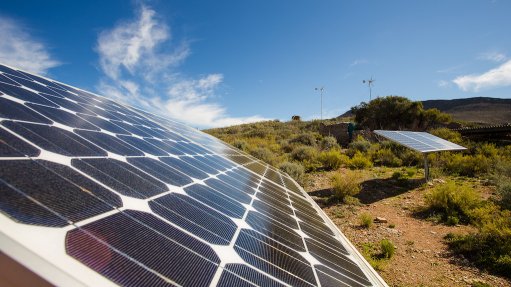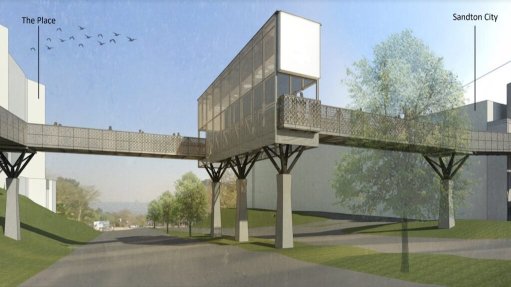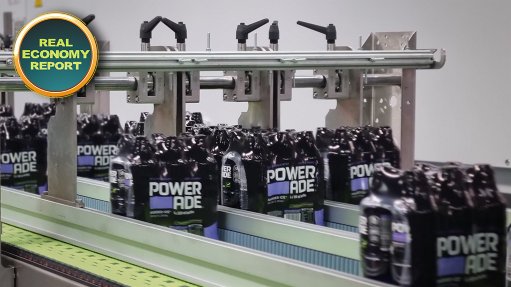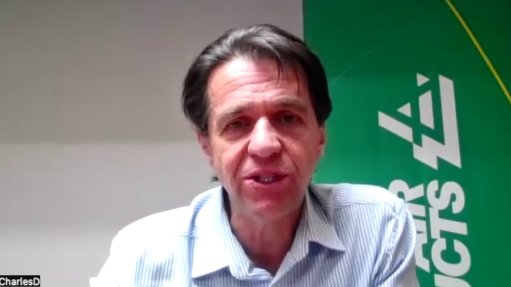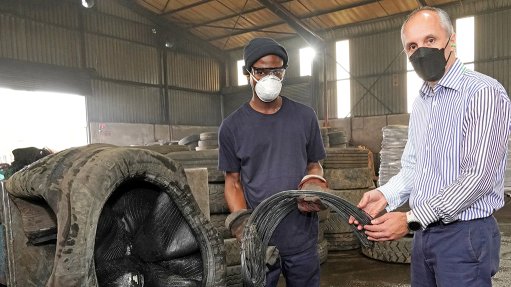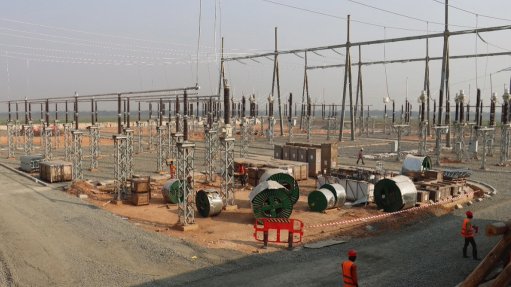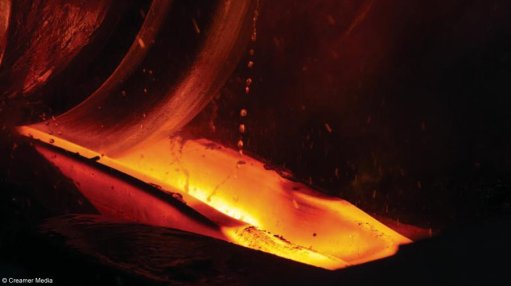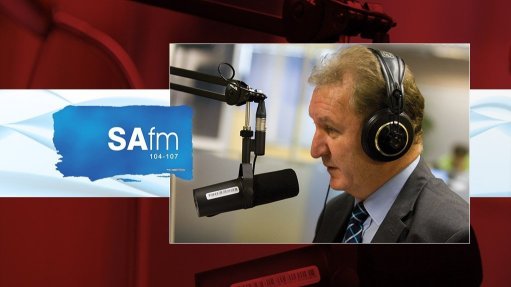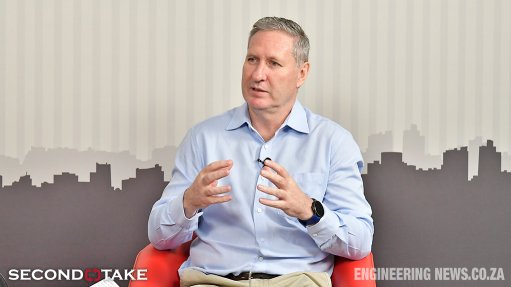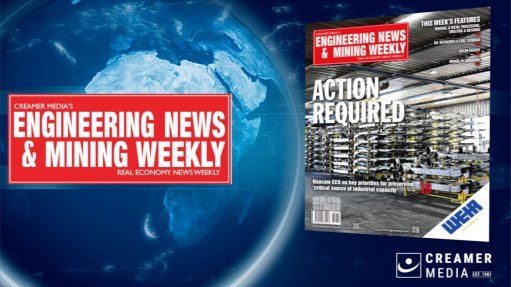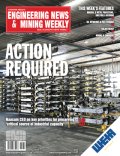Gender parity, transformation discussed at Smarter Mobility Summit
A panel discussion on the second day of the Smarter Mobility Summit, held in Midrand this week, outlined some of the challenges facing women working in the transport industry, and proffered some solutions.
The challenges include, but are not limited to, gender norms, with the perception being that women must sacrifice their careers and be at home, as well as biases that women are weak and poor decision-makers.
Also, industries that are very male-dominated can be very discriminatory, with working conditions and infrastructure not conducive to women’s needs.
Speakers called for women to fight for inclusivity and policy decisions that support them and to tap into opportunities wherever possible.
Speakers also stressed the need for women to uplift other women once they reach positions of power.
Women were also encouraged to strive for a good work-life balance, especially to safeguard their mental health. In this regard, corporations should create workplaces that cater to women’s needs by, for example, offering flexible working hours.
Allyship from males is also needed.
Delivering the keynote address after the panel discussion, Gauteng Department of Roads and Transport MEC Kedibone Diale-Tlabela reiterated the challenges faced by women in the workplace, especially in industries such as rail where there was often a lack of proper facilities to cater for them.
She called for women in such industries to start having conversations with engineers, to ensure that they designed things with the proper gender lens. Diale-Tlabela said women needed to be comfortable and able to properly use all modes of transport, especially public transport.
She called for introspection into how far the country was with transformation and gender parity in the workplace, noting that this was not at the level it should be, and with budgets needing to cater for it.
GAUTENG – LIMPOPO RAIL LINK
The summit also has several side stages dedicated to different facets of the transport industry. A notable project outlined on the rail stage is the high-speed rail link between Gauteng and Limpopo that is currently being considered.
Gautrain Management Agency CEO Tshepo Kgobe told delegates at the summit that, despite some challenges with funding, the project was largely progressing on schedule.
He highlighted that the project, which was aligned to the growth visions of both Limpopo and Gauteng, was aimed at growing the economy, streamlining transport and bolstering regional trade and integration.
Kgobe emphasised that it was about creating the scale of impact, with the project looking to enhance the accessibility of both people and goods.
Kgobe said the over 200 km rail line could also help to reduce congestion on the road, reducing the number of taxis and buses travelling unsustainably long distances.
He outlined the polycentric setup of the project, which would allow the villages and areas near the transport node to also develop around it, thereby bringing economic development into these areas.
Kgobe said the line must capitalise on the competitive advantages of mining, agriculture and tourism that Limpopo provided by facilitating the movement of goods from these industries and opening access for people to visit places.
Gauteng would remain the manufacturing centre and the line would bring in raw materials for beneficiation, with finished goods then transferred to the rest of the country and beyond, Kgobe outlined.
He pointed out that the current Transnet line would not have the desired economic transformation impact, and therefore, there was a need to move passengers and high-value goods to a high-speed line. This would then also open up additional capacity on the Transnet line, he explained.
Comments
Press Office
Announcements
What's On
Subscribe to improve your user experience...
Option 1 (equivalent of R125 a month):
Receive a weekly copy of Creamer Media's Engineering News & Mining Weekly magazine
(print copy for those in South Africa and e-magazine for those outside of South Africa)
Receive daily email newsletters
Access to full search results
Access archive of magazine back copies
Access to Projects in Progress
Access to ONE Research Report of your choice in PDF format
Option 2 (equivalent of R375 a month):
All benefits from Option 1
PLUS
Access to Creamer Media's Research Channel Africa for ALL Research Reports, in PDF format, on various industrial and mining sectors
including Electricity; Water; Energy Transition; Hydrogen; Roads, Rail and Ports; Coal; Gold; Platinum; Battery Metals; etc.
Already a subscriber?
Forgotten your password?
Receive weekly copy of Creamer Media's Engineering News & Mining Weekly magazine (print copy for those in South Africa and e-magazine for those outside of South Africa)
➕
Recieve daily email newsletters
➕
Access to full search results
➕
Access archive of magazine back copies
➕
Access to Projects in Progress
➕
Access to ONE Research Report of your choice in PDF format
RESEARCH CHANNEL AFRICA
R4500 (equivalent of R375 a month)
SUBSCRIBEAll benefits from Option 1
➕
Access to Creamer Media's Research Channel Africa for ALL Research Reports on various industrial and mining sectors, in PDF format, including on:
Electricity
➕
Water
➕
Energy Transition
➕
Hydrogen
➕
Roads, Rail and Ports
➕
Coal
➕
Gold
➕
Platinum
➕
Battery Metals
➕
etc.
Receive all benefits from Option 1 or Option 2 delivered to numerous people at your company
➕
Multiple User names and Passwords for simultaneous log-ins
➕
Intranet integration access to all in your organisation






